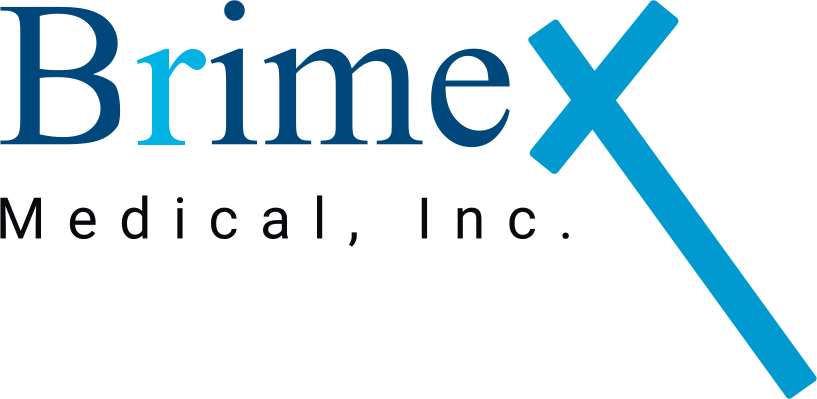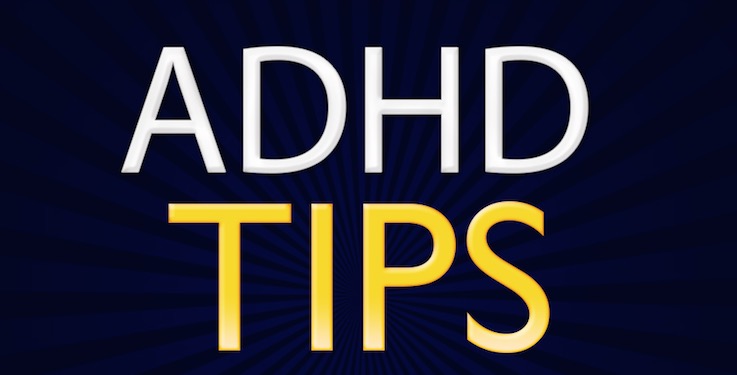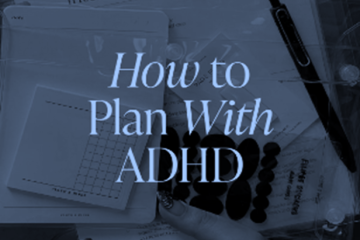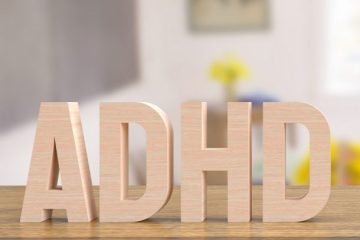Attention Deficit Hyperactivity Disorder (ADHD) affects both children and adults, presenting challenges in various aspects of life including school, work, and relationships. Effective management and coping strategies are essential for improving the quality of life for individuals with ADHD. This comprehensive guide will provide practical tips and strategies to help cope with ADHD, ensuring a structured and fulfilling life. At Brimex Medical, Inc., we are committed to providing comprehensive support services to help our patients find their rightful place in the community.
Understanding ADHD
Before diving into coping strategies, it’s crucial to understand ADHD. ADHD is a neurodevelopmental disorder characterized by symptoms such as inattention, hyperactivity, and impulsivity. These symptoms can manifest differently in each individual, making it essential to tailor coping strategies to specific needs.
Importance of Structure and Routine
A consistent and structured schedule is one of the most effective ways to manage ADHD symptoms. This approach provides a sense of predictability and control, which can significantly reduce anxiety and improve focus.
Tips for Maintaining Structure:
- Create a Daily Schedule: Outline daily activities, including work, school, chores, and leisure time. Stick to this schedule as closely as possible.
- Use Visual Aids: Calendars, planners, and charts can help visualize the day’s tasks and activities. Digital tools such as apps can also be beneficial.
- Set Regular Expectations: Clear expectations help individuals with ADHD understand what is required of them, reducing confusion and frustration.
Organizational Strategies for Adults
For adults with ADHD, staying organized can be particularly challenging. Implementing organizational strategies can greatly enhance productivity and reduce stress.
Effective Organizational Tips:
- Make Lists: Write down tasks and prioritize them. Break larger tasks into smaller, manageable steps.
- Keep a Calendar: Use a physical or digital calendar to track appointments, deadlines, and events. Set reminders to ensure nothing is forgotten.
- Set Reminders: Utilize alarms and notifications for important tasks and deadlines. This can help maintain focus and prevent missed obligations.
- Designate Specific Areas: Keep everyday items like keys, wallets, and phones in designated spots to avoid misplacement.
Strategies for Children with ADHD
Children with ADHD require specific strategies to help them succeed in school and at home. These strategies focus on providing structure, support, and positive reinforcement.
Tips for Supporting Children:
- Write Down Homework Assignments: Encourage children to write down their assignments and check them off as they are completed.
- Create a Homework Station: Designate a quiet, organized space for homework and study. Ensure this area is free from distractions.
- Set Clear Expectations: Communicate expectations for behavior and tasks clearly. Consistency is key.
- Positive Reinforcement: Reward good behavior and accomplishments with praise or small rewards. This encourages positive behavior.
Educational Support and Resources
Learning more about ADHD and accessing educational resources can significantly aid in managing the condition. Several organizations provide valuable information and support.
Key Resources:
- Children and Adults with Attention Deficit Hyperactivity Disorder (CHADD): Offers resources, support groups, and the latest research.
- Attention Deficit Disorder Association (ADDA): Provides management tips and advocacy for adults with ADHD.
- Brimex Medical, Inc.: Our comprehensive support services are designed to help individuals with intellectual or developmental disabilities, including ADHD, find their rightful place in the community.
Medical and Therapeutic Interventions
Treatment for ADHD often includes a combination of medication and behavioral therapy. These interventions can help manage symptoms and improve overall functioning.
Types of Interventions:
- Medication: Stimulant and non-stimulant medications can help manage ADHD symptoms by affecting brain chemicals. Consult with a healthcare professional to determine the best option.
- Behavioral Therapy: Therapy can help individuals develop coping strategies, improve organizational skills, and address behavioral issues.
- Counseling: Counseling can provide emotional support and help address co-existing conditions such as anxiety or depression.
Natural Remedies and Lifestyle Changes
In addition to medical treatment, several natural remedies and lifestyle changes can help manage ADHD symptoms. These holistic approaches can complement traditional treatments.
Natural Remedies:
- Balanced Diet: Eating a nutritious diet can improve overall health and potentially reduce ADHD symptoms. Focus on whole foods, lean proteins, and plenty of fruits and vegetables.
- Regular Exercise: Physical activity can help reduce hyperactivity and improve focus. Aim for at least 60 minutes of exercise daily.
- Mindfulness and Meditation: Practices such as mindfulness and meditation can improve attention span and reduce stress.
- Adequate Sleep: Ensure a regular sleep schedule and create a restful sleep environment to improve focus and behavior.
- Limit Screen Time: Excessive screen time can exacerbate ADHD symptoms. Set limits on the use of phones, computers, and TV.
Support Systems
Building a strong support system is crucial for individuals with ADHD. Support from family, friends, educators, and healthcare professionals can make a significant difference in managing the condition.
Building a Support Network:
- Family Support: Encourage open communication within the family about ADHD. Family members can provide emotional support and help with implementing strategies.
- Educational Support: Work with teachers and school counselors to develop an individualized education plan (IEP) or 504 plan that accommodates the child’s needs.
- Professional Help: Seek help from ADHD specialists, therapists, and counselors who can provide tailored advice and support.
Long-term Outlook and Success Stories
For many individuals with ADHD, managing the condition is a lifelong journey. With the right strategies and support, individuals with ADHD can lead successful and fulfilling lives. Many people with ADHD report that their unique perspective and energy have contributed positively to their achievements.
Conclusion
Coping with ADHD involves a multifaceted approach that includes structured routines, organizational strategies, educational resources, medical and therapeutic interventions, natural remedies, and strong support systems. At Brimex Medical, Inc., we are dedicated to providing comprehensive services to support individuals with intellectual or developmental disabilities, including ADHD, in finding their rightful place in the community. By implementing these strategies and seeking appropriate support, individuals with ADHD can navigate their challenges and thrive in all aspects of life.
For more information on managing ADHD and to access our support services, visit Brimex Medical, Inc..




